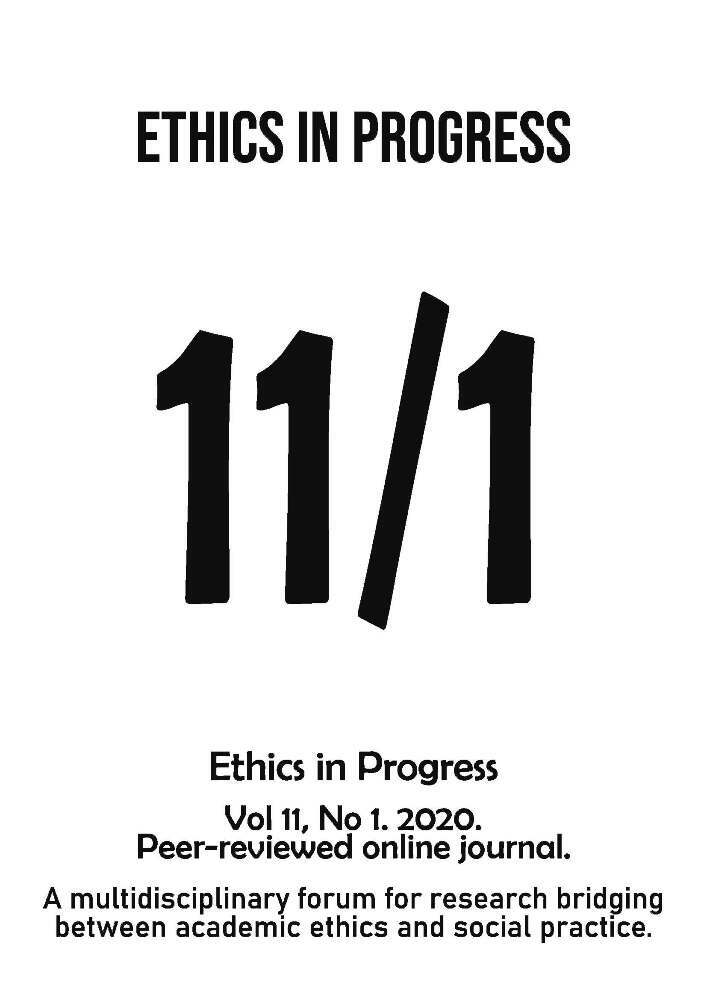Abstract
Moral education affinity has a very important influence on the smooth development of moral education activities and the improvement of educational effectiveness. From the perspective of psychology, the needs and emotions of the educatees are its motivational mechanism, the will of the educatees is its maintenance mechanism, psychological compatibility is its guarantee mechanism, and the learning psychology of the educatees is the reinforcement mechanism. The generation of moral education affinity is the process of educators’ active interpersonal attraction, the application of positive psychological effect, the change of educatees’ attitude, and the psychological exchange and interaction between educators and educatees. The main way to cultivate moral education affinity is to fully pay attention to the needs or changes of the educatees, make efforts to stimulate and strengthen the learning motivation, maintain the main status and role of the educatees, and enhance the appeal and affinity of the educational process through the unity of knowledge and action.
References
Arends R. I. 2005. Learning to Teach. 6th ed. Xi’an, China: Shannxi Normal University Publishing House.
Chapman E. S. & McGregor S. E. 2002. “Effects of Interpersonal Attraction on Cooperative Learning Outcomes for Secondlyary Level Students,” Current Research in Social Psychology 7(18):311–325.
Deci E. & Ryan R. 1985. “Intrinsic Motivation and Self-Determination in Human Behavior.” New York: Academic Press. DOI:10.2307/2070638.
Garnet D. 2016. “Affinity and Interpretation in Oral Histories of Art Education,” International Journal of Research & Method in Education 40(4):1743–7288. DOI: https://doi.org/10.1080/1743727X.2016.1139081.
Habermas J. 1985. Autonomy and Solidarity. Interviews with Jürgen Habermas, ed. and introduced by P. Dews. London – New York: Verso.
Hasija D., Liou R.-S., & Ellstrand A. 2020. “Navigating the New Normal: Political Affinity and Multinationals’ Post‐Acquisition Performance,” Journal of Management Studies 57(3). DOI: https://doi.org/10.1111/joms.12545.
Liu P. P., Savitz-Romer M., Perella J., Hill N. E., & Liang B. 2018. ”Student Representations of Dyadic and Global Teacher-Student Relationships: Perceived Caring, Negativity, Affinity, and Differences across Gender and Race/Ethnicity,” Contemporary Educational Psychology 54:281–296. DOI: https://doi.org/10.1016/j.cedpsych.2018.07.005.
Li Qu & Qu Yang. 2019. “Modeling and Analysis on Teacher-Student Relationship,” Hindawi. Discrete Dynamics in Nature and Society 1–7. DOI: https://doi.org/10.1155/2019/5481926.
Maslow A. H. 1943. “A Theory of Human Motivation,” Psychological Review 50:370–396. DOI: https://doi.org/10.1037/h0054346; https://doi.org/10.1177/0022487118788838.
Noonan J. 2019. “An Affinity for Learning: Teacher Identity and Powerful Professional Development,” Journal of Teacher Education 70(5):526–537.
Pinto M. S. & Poornananda D. S. 2017. “Affinity of Media: Importance Students Attach to Newspaper, Television and The Internet,” Mass Communicator: International Journal of Communication Studies 11(1):9–14. DOI: 10.5958/0973-967X.2017.00002.3.
Ren F.U. 2016. “The Construction of a Harmonious Relationship Between Teachers and Students to Improve the Actual Effect of Moral Education,” Higher Education of Social Science 11(5):13–17. DOI: 10.3968/9074.
Roeser R., Eccles J., & Sameroff A. 2017. “School as a Context of Early Adolescents’ Academic and Social Emotional Development: A Summary of Research Findings,” Elementary School Journal 100:443–471.
Scherzinger M. & Wettstein A. 2019. “Classroom Disruptions, the Teacher-Student Relationship and Classroom Management from the Perspective of Teachers, Students and External Observers: A Multimethod Approach,” Learning Environments Research 22(1):101–116. DOI: https://doi.org/10.1007/s10984-018-9269-x.





